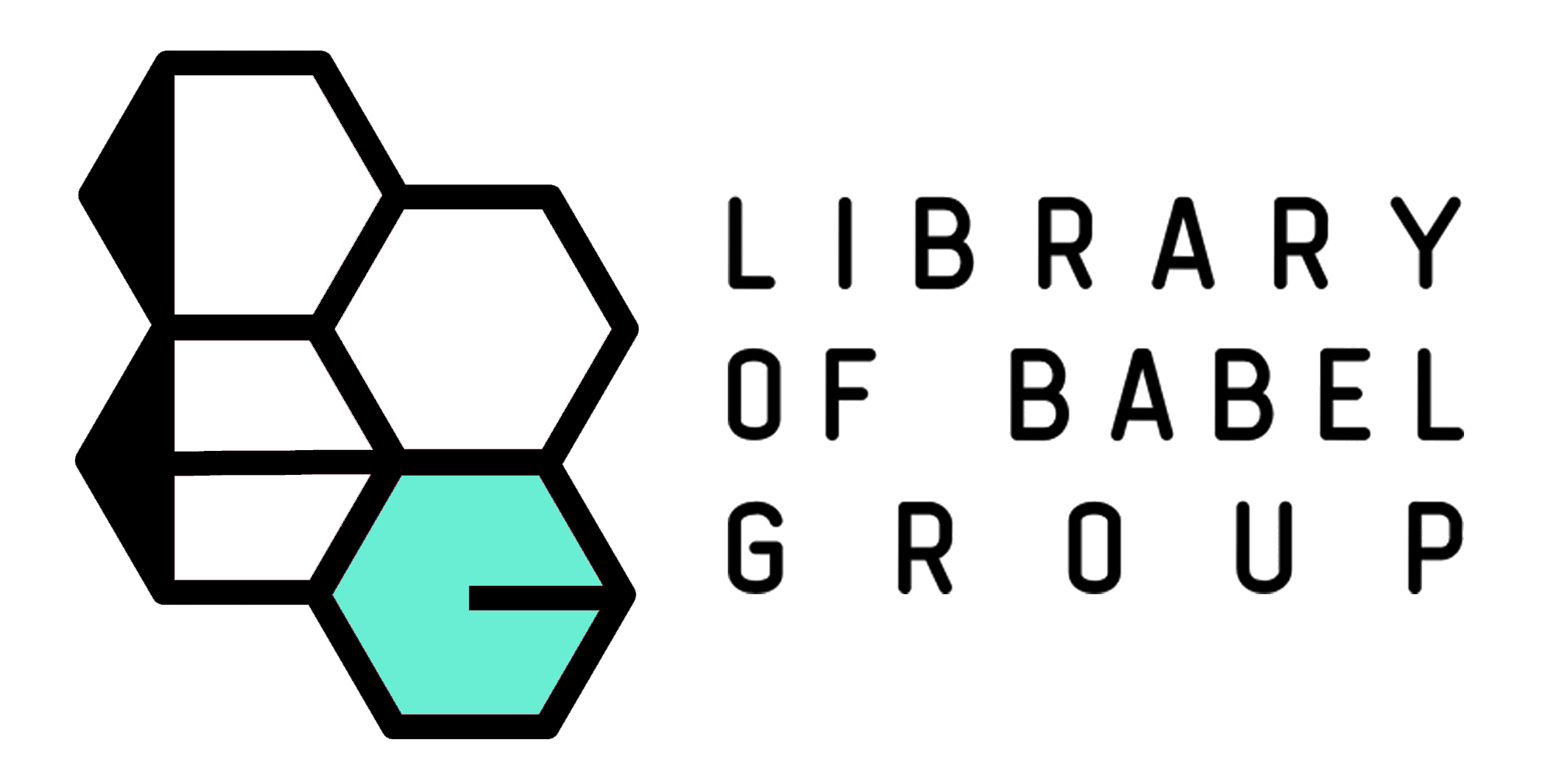Mission.
The Civics of Technology (CoT) project aims to empower students and educators to critically inquire into the effects of technologies on their individual and collective lives. We conduct research, develop curriculum, and offer professional development. Our work seeks to advance democratic, ethical, and just uses of technology in schools and society.
Origin story.
The Civics of Technology (CoT) project formally started in 2022 with the launch of this website and coordinated planning for research and curriculum development, but our roots extend further back. While humans have wrestled with their relationships to technology for centuries, the rapidly changing technological landscape of facial recognition, artificial intelligence, the Internet of Things, and other pervasive technologies requires citizens who can address associated social problems. Our CoT team of primarily social studies and educational technology educators and researchers seeks to develop approaches, curriculum, and research to help students grow as citizens in a highly technologized world.
While there are many movements encouraging teachers to integrate technology into their classrooms, and STEM/STEAM initiatives aimed at increasing students’ technological skills, there have been few initiatives or curriculum aimed at helping students to pursue a technology education that delves into the varied effects of technology through ecological and critical lenses. We therefore seek to revive an older idea, largely lost to school curriculum dialogues, for technology education that challenges students to critically inquire into the collateral, disproportionate, and unexpected effects of technology on our lives. Across our projects, we work to advance a civics of technology in schools and society that struggles for just democracy.
Listen to our discussion on the Visions of Education podcast!
CoT Supporters
~~~
CoT Supporters ~~~
Civics of Technology Super Fans :D
Civics of Technology Core Supporters
Stephanie Luke Waltzer Valorie Stokes
Financial Reports
2025
Expenses: $1,351.00
$1,000 went to conference keynote speakers: Dr. Chris Gilliard and Audrey Watters; Yearly website cost: $336; Yearly domain cost: $15
Expenses: $320.28
Website cost: $305.28; Yearly domain cost: $15
Expenses: $351.00
Website cost: $336; Yearly domain cost: $15
Revenue: $1147.69
Includes net funds after payment processing fees from Buy Me a Coffee from community support.
Net: -$203.31
Differences paid by co-executive directors.
2024
Expenses: $351.00
Website cost: $336; Yearly domain cost: $15
Expenses: $351.00
Website cost: $336; Yearly domain cost: $15
Revenue: $0.00
Net: -$320.28
Differences paid by co-executive directors.
2023
Revenue: $0.00
Net: -$351.00
Differences paid by co-executive directors.
2022
Revenue: $0.00
Net: -$351.00
Differences paid by co-executive directors.
2021
Revenue: $0.00
Net: -$351.00
Differences paid by co-executive directors.
Allie Thrall Kevin Natalie Shaheen
Partner Organizations
Civics of Tech partners with organizations whose aims align with ours to build networks of support. This support can include sharing the work, events, and resources of partner organizations; collaborating on projects or initiatives; and opening lines of communication. We strive to support our partners by amplifying their work through our newsletter, website, and conference, and by sending a Civics of Technology representative to invited partner events. Partner organizations are invited to attend Civics of Technology quarterly board meetings to ensure regular communication and support.
AI + Planetary Justice Alliance
The Library of Babel Group
Civics of Technology Leadership
Marie Heath
Co-Executive Director
Dr. Marie K. Heath (she/her) is not a robot, but she refuses to prove it to Google’s CAPTCHA. She currently works as Department Chair for Education Specialties and as an Associate Professor of Learning Design and Technology at Loyola University Maryland. Prior to her work in higher education, Marie taught high school social studies in Baltimore County Public Schools. Her scholarship interrogates schools and technologies as current sites of encoded oppression, and labors to advance more just technological and educational futures. She is co-editor of the CITE Social Studies Journal, co-founder of the Civics of Technology project, and a faculty fellow at the Center for Leadership and Social Justice Education at Loyola University Maryland. If you ask generative AI a question about Marie, it replies with the Mariah Carey “I don’t know her” meme.
Dan Krutka
Co-Executive Director
Dr. Daniel G. Krutka (he/him/his) is Associate Professor of Social Studies Education at the University of North Texas. A former high school social studies teacher in Oklahoma City, his research focuses on intersections of technology, democracy, and education. He is co-editor of the Social Studies Education section of the Contemporary Issues in Technology and Teacher Education journal, hosts the Visions of Education podcast, and is co-founder of the Civics of Technology project.
Jacob Pleasants
Co-Executive Director
Dr. Jacob Pleasants is Associate Professor of Science Education at the University of Oklahoma, where he works to prepare future science teachers. His scholarship focuses on bringing technoskeptical perspectives into STEM education spaces. He reads all the books and even reviews some of them. You can find him on Bluesky (@jbpleasa.bsky.social).
Erin Anderson
Board Member
Erin Anderson is a Doctoral Student Fellow at the Snap Inc. Center for Computer & Teacher Education. Erin also works as a research assistant, helping faculty design integrated computing curriculums for students with disabilities, analyzing existing K-8 integrated computing curriculums, helping universities strengthen their CS teacher preparation programs, and identifying pedagogical strategies that foster critical consciousness. She brings technoskepticism to her work to temper uncritical tech development. This skepticism comes from spending over a decade teaching in schools from Madagascar to the Bronx.
Morgan Banville
Board Member
Dr. Morgan C. Banville (she, her) is an Assistant Professor of Humanities at Massachusetts Maritime Academy, and first-generation college student. Her research and teaching are defined by the intersection of technical communication and surveillance studies, often informed by feminist methodologies. She examines how biometric technologies are implemented in diverse contexts, and her research was awarded the 2024 CCCC Outstanding Dissertation Award in Technical Communication, and the 2024 Best Research Article Award from the Council for Programs in Technical and Scientific Communication (CPTSC). You can find her recent work in the Routledge Handbook of Social Justice in Technical & Professional Communication, Surveillance & Society, Programmatic Perspectives, and more. She is a coffee enthusiast, hiker, and loves to travel. You can find her on Bluesky @banvillemorgan.
Sharla Berry
Board Member
Dr. Sharla Berry is the Associate Director of the Center for Evaluation and Educational Effectiveness and a Lecturer in the Department of Educational Leadership at California State University, Long Beach. She is a researcher, evaluator, and practitioner with extensive experience teaching and leading in diverse K-20 environments. Her research takes an intersectional approach to exploring the social and cultural impact of teaching and learning with technology. She is the author of Creating Inclusive Online Communities: Practices that Support and Engage Diverse Students. Additionally, Sharla’s research explores issues of race, gender, and labor, and she is the author of several zines about these topics. Outside of work, Sharla enjoys baking and playing tennis.
Autumm Caines
Board Member
Autumm Caines is a liminal space. Part artist/poet, part technologist/administrator, and always aspiring educator, Autumm has worked in higher education for over fifteen years, bouncing between the teaching center, the information technology department, and adjunct teaching positions at a few different institutions. Currently, Autumm holds positions as a Lead Instructional Designer at the University of Michigan – Dearborn and is a part–time OER consultant for the Michigan Community College Association. She is also Instructional Faculty at College Unbound based in Providence, Rhode Island, where she remotely teaches courses in Technology and Society and e-Portfolio and Web Design. Her educational background includes a master’s degree in educational technology from The Ohio State University, a bachelor of science in communication technology from Eastern Michigan University, and an associate degree in liberal arts as well as a two-year certificate in web design and development from Oakland Community College. Autumm's scholarly and research interests include blended/hybrid and online learning, open education, digital literacy/citizenship with a focus on equity, access, and online community development. You will find Autumm at the place where different disciplines and fields intersect, always on the threshold, and trying to learn something new. You can find out more about her at https://autumm.org
Michelle Ciccone
Board Member
Michelle Ciccone (she/her/hers) is a PhD student in communication at the University of Massachusetts Amherst. Previously she was a K-12 technology integration specialist, and she continues to build media literacy and critical digital citizenship curriculum for middle and high school grades. Michelle's research interests sit at the intersection of media education, science and technology studies (STS), and critical edtech. You can follow her on Twitter at @MMFCiccone.
Charles Logan
Board Member
Dr. Charles Logan is the post-doctoral research fellow at Northwestern University's Center for Responsible Technology, Policy, and Public Dialogue. A former high school English teacher and university educational technologist, he analyzes how power operates through existing and emerging technologies. Charles works alongside people to theorize and develop ways to resist, refuse, repurpose, and reimagine technologies towards ends that center care and collective flourishing. You can find him on Bluesky @charleswlogan, LinkedIn, or at a park with his kids, where he's learned to transform into various mystical creatures.
Natalie Milman
Board Member
Dr. Natalie B. Milman (she, her, ella) is Associate Dean of the Office of Student Life and Professor of Educational Technology at The George Washington University's Graduate School of Education and Human Development, teaching in the Educational Technology Leadership Master's and the interdisciplinary Human-Technology Collaborations PhD programs. She is a member of GW’s Academy of Distinguished Teachers and winner of the 2017 Bender Teaching Award. Her research examines the design of instruction and integration of technology at all academic levels with a focus on critical educational technology. She's also investigated online student support needs; issues of diversity, inclusion, and digital equity; and digital professional portfolios. She is co-editor of the Current Practice section of the Contemporary Issues in Technology and Teacher Education journal and writes the Ends and Means column for the Distance Learning Journal. Her most recent co-authored book is entitled, Using Technology in a Differentiated Classroom: Strategies and Tools for Designing Engaging, Effective, Efficient & Equitable Learning. She is fluent in Spanish, a first-generation Colombian-American, and a first-gen BA, MA, and PHD graduate.
Punya Mishra
Board Member
Hello, I’m Punya Mishra, and I have a serious identity crisis. I don’t know if I’m a Director of learning futures, a professor, a researcher, an author, or a designer. I work at the Mary Lou Fulton Teachers College at Arizona State University, where I try to do everything though the end results are never entirely clear. I’m interested in education, technology, creativity, and design, but don’t ask me to define these terms—because you know, “it’s complicated.” You may have heard of me as the co-creator of the TPACK framework, which is a fancy way of saying that teachers should know what they are doing when they use technology in their teaching. I have also done some work on humanistic pedagogy, design thinking, and creativity education, but, once again, don’t ask me to explain them to you. I have received some awards and recognitions for my research and teaching, but they are mostly based on hype and luck. I enjoy sharing my ideas and insights with diverse audiences through various platforms, but they usually don’t listen or care. I’m a TED-Ed educator, a co-host of the Silver Lining for Learning webinar and the Value Laden and Learning Futures podcasts, and a frequent keynote speaker at national and international conferences. I’m also an avid blogger and an accomplished visual artist, but only in my own mind. You can find more about me and my work at punyamishra.com, but don’t expect too much.
This bio was generated by Bing Chat prompted to create a humorous, self-deprecatory intro to Punya and has been lightly edited.
Phil Nichols
Board Member
T. Philip Nichols is an Associate Professor of English Education at Baylor University. He studies how science and technology condition the ways we practice, teach, and talk about the literacy — and the implications of this conditioning for equitable public education and civic flourishing. He is the author of Building the Innovation School: Infrastructures for Equity in Today’s Classrooms (Teachers College Press, 2022) and co-editor, with Antero Garcia, of Literacies in the Platform Society: Histories, Pedagogies, Possibilities (Routledge, 2025). He is, unfortunately, on Twitter @philnichols.
Allie Thrall
Board Member
Alexandra (Allie) Thrall (she/her) is a doctoral student in Baylor University’s Department of Curriculum & Instruction. Formerly, Allie taught 4th-12th grades and served as a school administrator. Her research focuses on investigating and imagining the sociotechnical arrangements that could threaten or support justice-oriented literacy and social studies education. She is engaged in ongoing school-based research that demonstrates the possibilities that emerge when young people undertake inquiries into the interplay between our technological systems and our civic lives.















